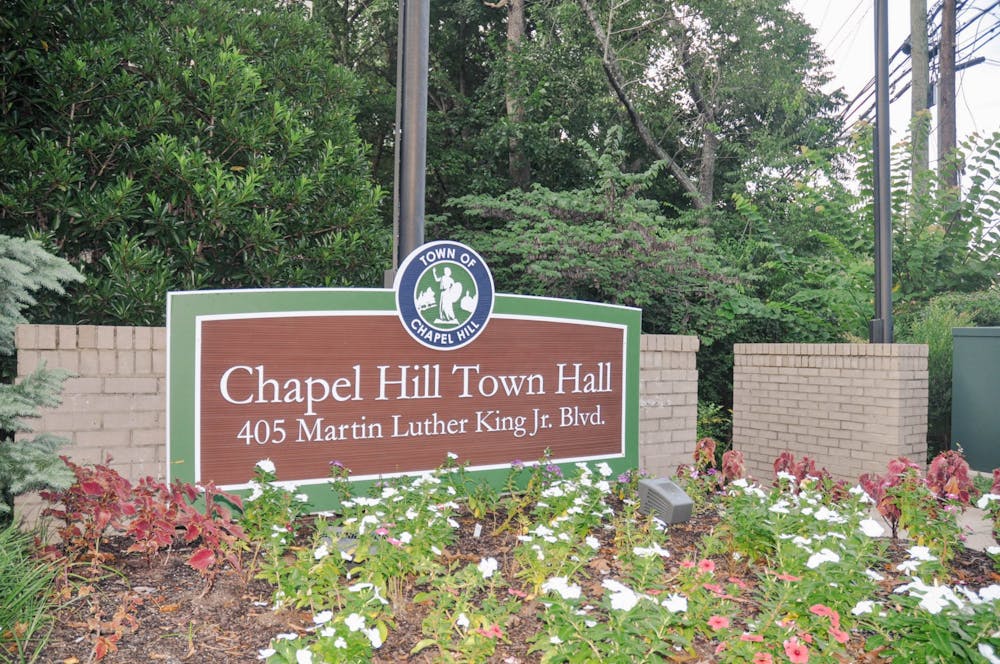Between 60 and 100 people were congregated on Graham Street or inside the club, and everyone was ordered to lie face down on the floor or stand against a wall before being searched and detained. All of the people detained were Black, and 38 of those detained sued the Town of Chapel Hill.
“The Village Connection was our little sanctuary,” Jessie Alston, one of the detainees and a plaintiff in the suit, said during the panel. “We didn’t have too many places to go.”
Bill Massengale, one of the lawyers who represented the 38 plaintiffs, said Chapel Hill police officers were not expecting to raid the street, but followed the lead of higher-up law enforcement.
There were three SWAT teams at the raid: two from the North Carolina State Bureau of Investigation and another from the Chapel Hill Police Department, Massengale said.
Officers detained William Barnett and charged him with possession of drugs and intent to distribute. Barnett, a Chapel Hill native and one of the lead plaintiffs in the suit, said that he did not have any drugs and was wrongly charged.
“Drugs had a devastating impact on our community,” Burnice Hackney, a local historian, said. “It’s very difficult to say what was more devastating, the drugs or the war on drugs.”
Carl Fox, the district attorney at the time of the raid, said he couldn’t stop the raid from happening. He said he did warn officers that if they charged anyone, it would go through him.
Fox also said he did not know of any law that would have justified the raid. Though arrests were made, no one was prosecuted.
“When I came to work with the police department almost exactly seven years to the day after this incident happened on Graham Street, it was something that we talked about in our agency,” Blue said. “We talked about it as an example of something we would never do again.”
Blue said he was a senior at UNC at the time and doesn't recall himself or others learning about the raid until he joined the police force. He said there was little reaction from the Chapel Hill community at the time of the raid.
“Don't think it's just the police,” Fox said. “There has to be a mindset of the community where a person is not a suspect because they are Black or Hispanic and are not in their place.”
The case never went before a court because Fox dismissed all criminal charges resulting from the raid. Since 1990, there has not been another situation like Operation Readi-Rock, which Massengale said is a win.
To get the day's news and headlines in your inbox each morning, sign up for our email newsletters.
“For them to come down and do what they did, it was unjust, unconstitutional, it was wrong,” Alston said.
The Town Council will meet at 7 p.m. on November 16.
@BrelandCarly
@DTHCityState | city@dailytarheel.com



